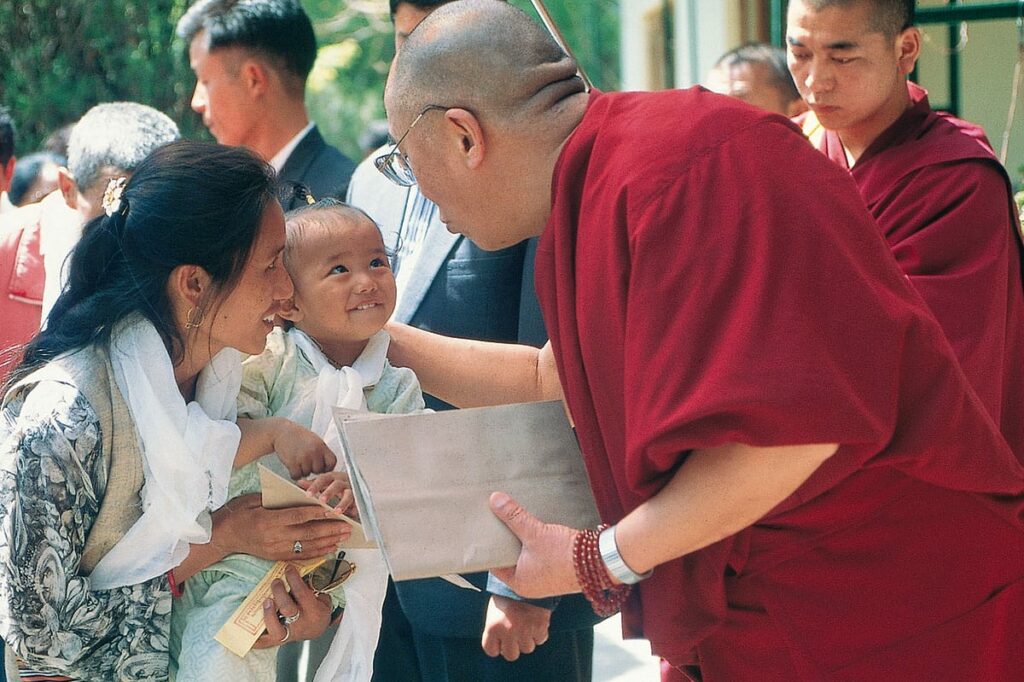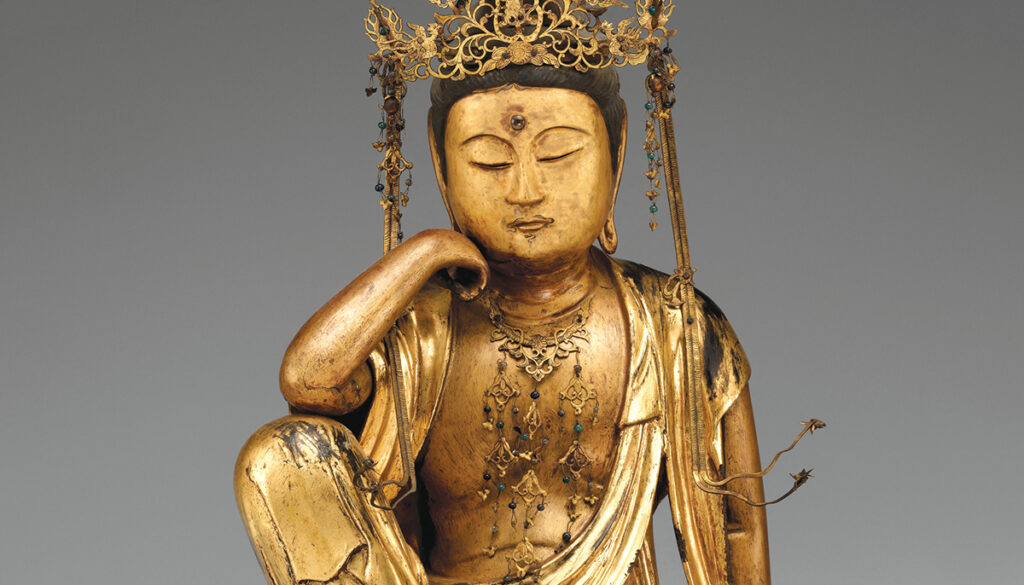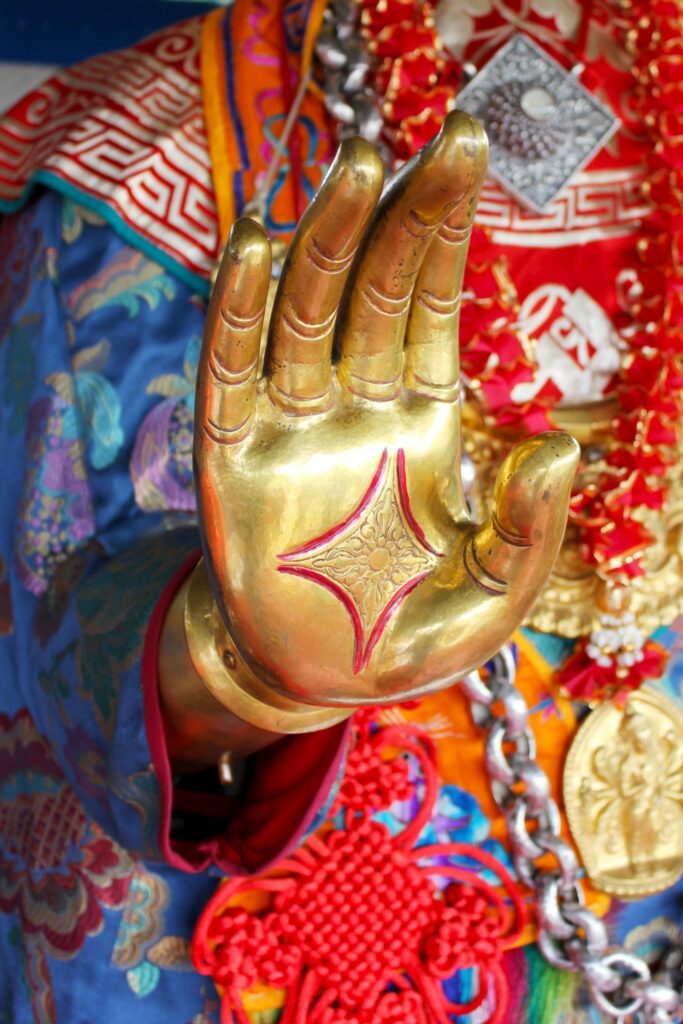Compassion (Pali and Sanskrit: karuna) is the wish that others be free from suffering. It is the second of the four divine abodes, or brahmaviharas, which are four prized emotions or mindstates that cultivate positive behaviors and minimize harmful ones.
Compassion goes beyond sympathy or empathy. Practicing compassion allows us to recognize the suffering and difficulties that all living beings experience and respond with a genuine desire to alleviate that suffering. It’s a deep and active form of empathy that motivates compassionate action.
Cultivating compassion is a practice that helps us overcome self-centeredness and develop a sense of interconnectedness. “By feeling compassion for others, our own suffering becomes manageable,” His Holiness the Dalai Lama has written in his teachings on compassion. This practice of cultivating compassion is not limited to Buddhist practitioners — it is seen as a universal quality that can be developed by anyone.
In a practice like metta, or loving-kindness meditation, practitioners focus on generating feelings of compassion for oneself, loved ones, neutral people, and even difficult people. This practice gradually expands one’s circle of compassion to encompass all sentient beings. The practice of tonglen, also known as “sending and taking” is another form of meditation that offers a way to facilitate compassion for others. As Pema Chödrön explains, “In tonglen practice, we visualize taking in the pain of others with every in-breath and sending out whatever will benefit them on the out-breath… We begin to feel love for both ourselves and others; we begin to take care of ourselves and others.”
Self-Compassion
While it’s helpful to generate compassion for others, it’s also important to extend compassion to yourself. Just as we can wish to alleviate the suffering of others, we can also recognize our own suffering and learn to treat ourselves with kindness and understanding.
Self-compassion meditation is similar to metta, focusing on directing well-wishing phrases toward yourself, like this recitation from self-compassion researcher Kristin Neff’s practice to help develop compassion for yourself in a painful moment:
This is a moment of suffering.
Suffering is a part of life.
May I be kind to myself in this moment.
May I give myself the compassion I need.
Related Reading
Compassion, Empathy, Sympathy — What’s the Difference?
Sympathy is understanding someone’s misfortune, says Allyson Pimentel. Empathy is the ability to feel their pain, and compassion is taking action to help them.
Living the Compassionate Life
The Dalai Lama explains how the Buddhist teachings of mindfulness and compassion lead inevitably to feelings of self-confidence and kindness.
Compassion and Wisdom
The human heart is basically very compassionate, but without wisdom, compassion will not work. Wisdom is the openness that lets us see what is essential and most effective.
Who Is Avalokiteshvara?
Avalokiteshvara has undergone many transformations over the centuries, but their purpose remains the same — to help humanity with compassion and mercy.
The Power of Unbearable Compassion
When we can no longer bear the suffering of sentient beings, says the Karmapa, we unleash our full potential to help others and ourselves.
Buddhism A–Z
Explore essential Buddhist terms, concepts, and traditions.






